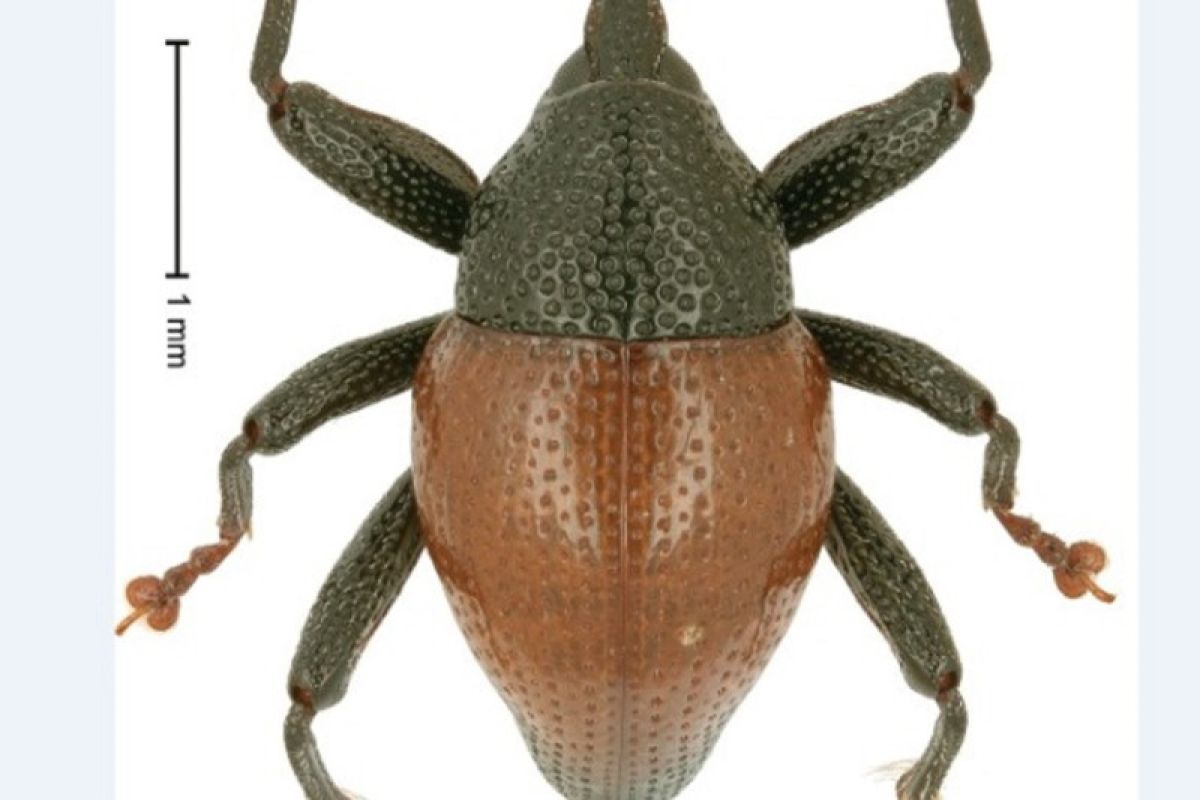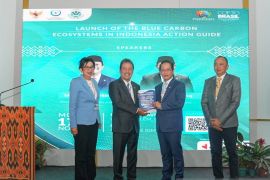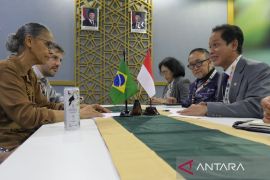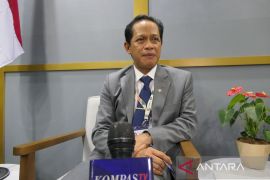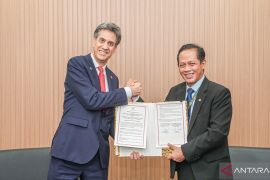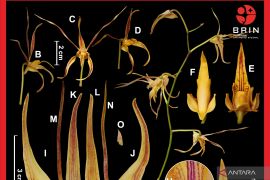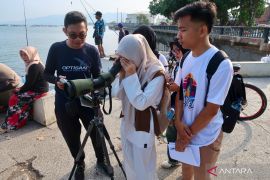"Some researchers estimate the biodiversity that has been discovered so far is only about 10 percent of its total potential," he said in a written statement received by ANTARA here on Friday.
Indonesia is the country with the largest biodiversity globally, including terrestrial and marine biodiversity, he noted. However, the biodiversity that has been successfully revealed and recorded is still minimal, he added.
Hence, exploration and research to uncover and utilize the nation's biodiversity is one of BRIN's priority programs, Hidayat said.
As the coordinator of the national research program, OR IPH BRIN has two important activities, which comprise a program related to the disclosure and use of biodiversity and the conservation of endangered plants, he informed.
Biodiversity conservation efforts carried out by BRIN include data storage of whole-genome sequences and partial DNA/protein genome sequences, as well as disclosure of threats and impacts of global changes on the status of ecosystems and biodiversity in Indonesia, he added.
Other efforts include the rehabilitation and improvement of the population of endangered species, ex-situ and ecological exploration, and conservation as well as species restoration, Hidayat said.
Related news: Biodiversity crucial asset to produce biotechnology-based medicine
Meanwhile, head of the BRIN Research Center for Biology, Anang S. Achmadi, said the success of BRIN researchers in uncovering new Indonesian species has involved very difficult processes.
The research process is quite long, starting from exploration, the study of museum collections, and the use of technology for the identification process, he expounded.
The research process does not end upon the discovery of a new species, he said. Further research needs to be carried out to examine the content of the active substances in the species or to examine their possible role as indicators of environmental change, he explained.
For biodiversity conservation in Indonesia, the Secretariat of the Scientific Authority for Biodiversity (SKIKH) of BRIN, is acting as a scientific authority in Indonesia, he informed.
The authority has actively represented Indonesia in the Convention on Biological Diversity (CBD) and the Convention on International Trade in Endangered Species of Wild Fauna and Flora (CITES), he added.
In the meantime, other conservation efforts that have been carried out by BRIN have also been realized in the form of scientific depository and repositories stored at Museum Zoologicum Bogoriense, Herbarium Bogoriense, and the Indonesian Culture Collection, with the collections dating back tens to hundreds of years, he informed.
Related news: BRIN chief pushes use of digital biodiversity database
Related news: One Health underpins RI's biodiversity efforts: minister at UN summit
Translator: Katriana
Editor: Suharto
Copyright © ANTARA 2022
